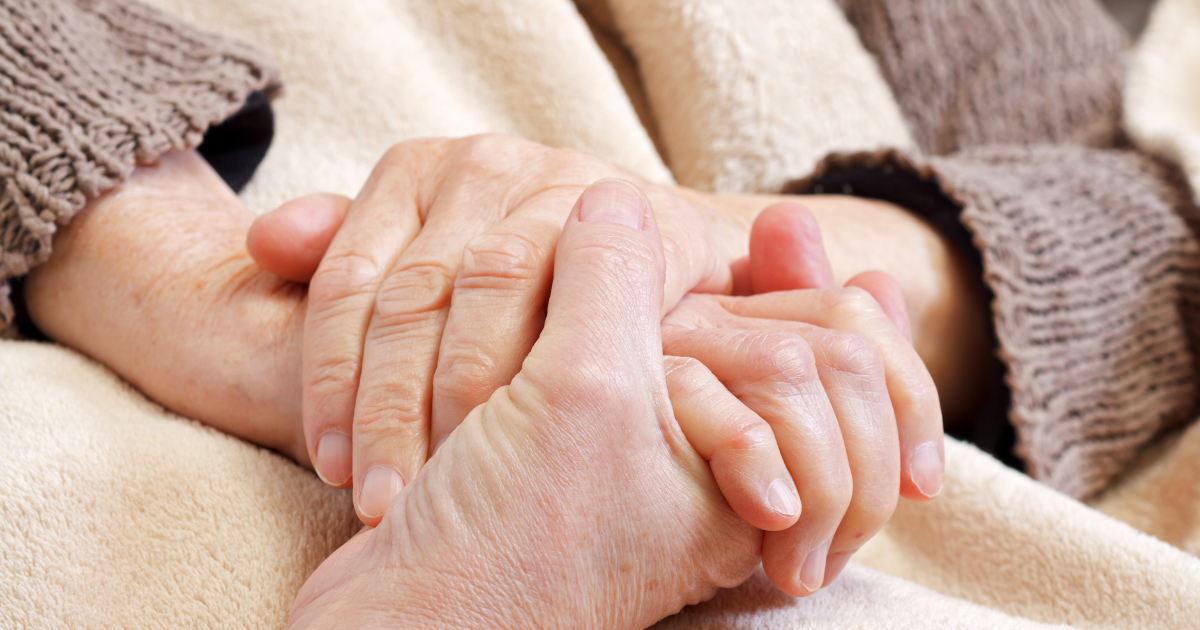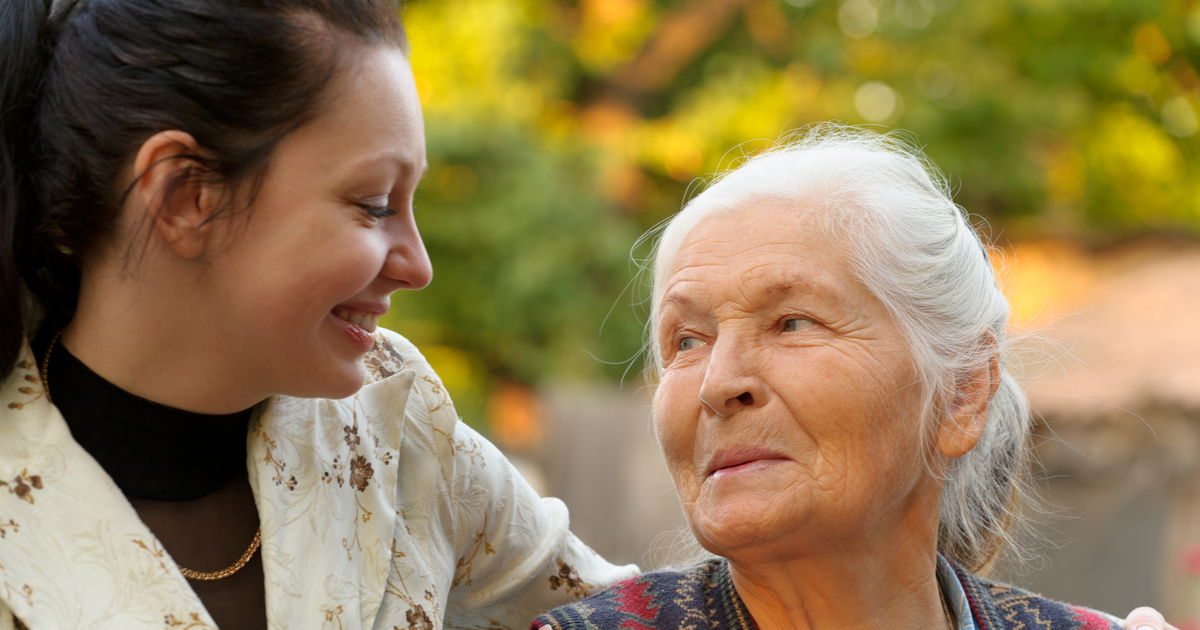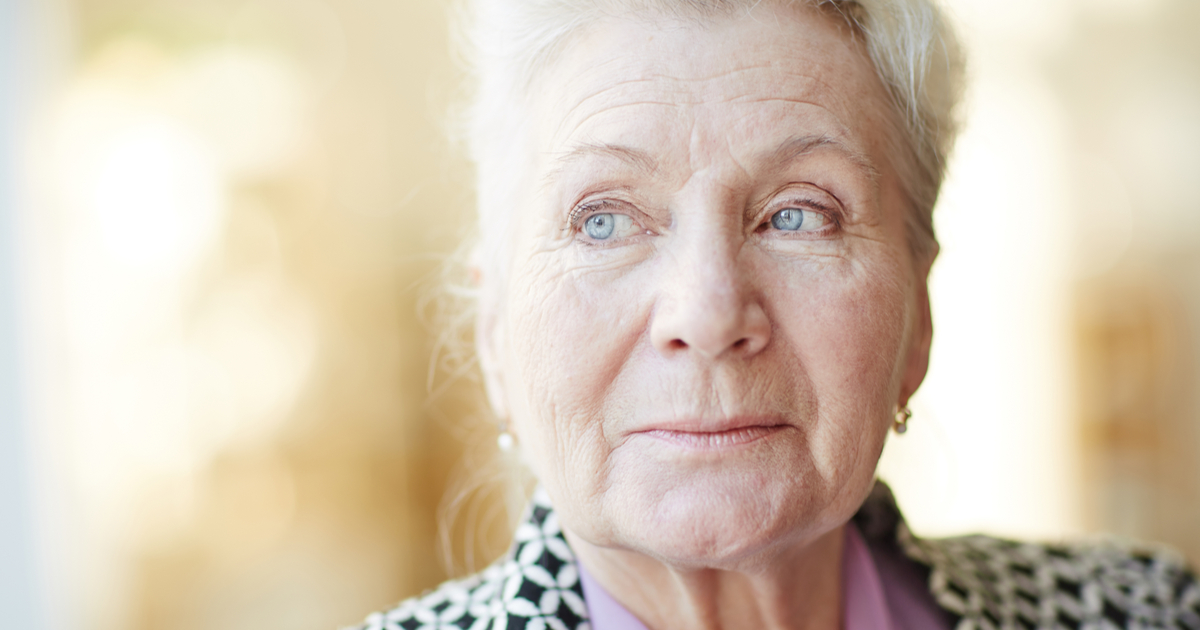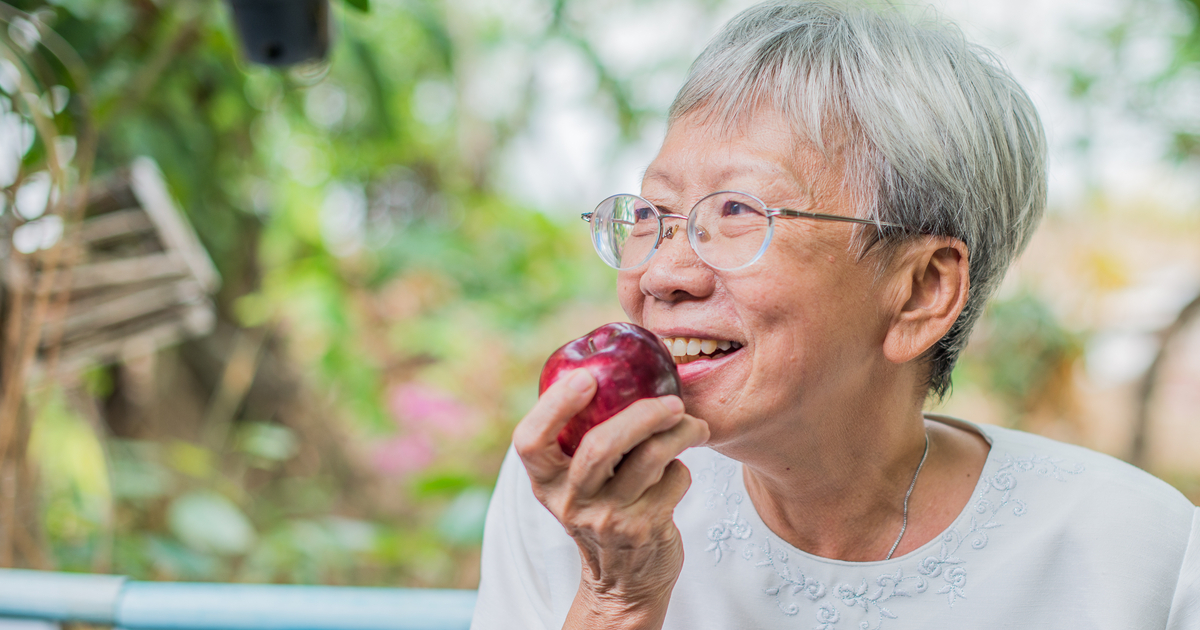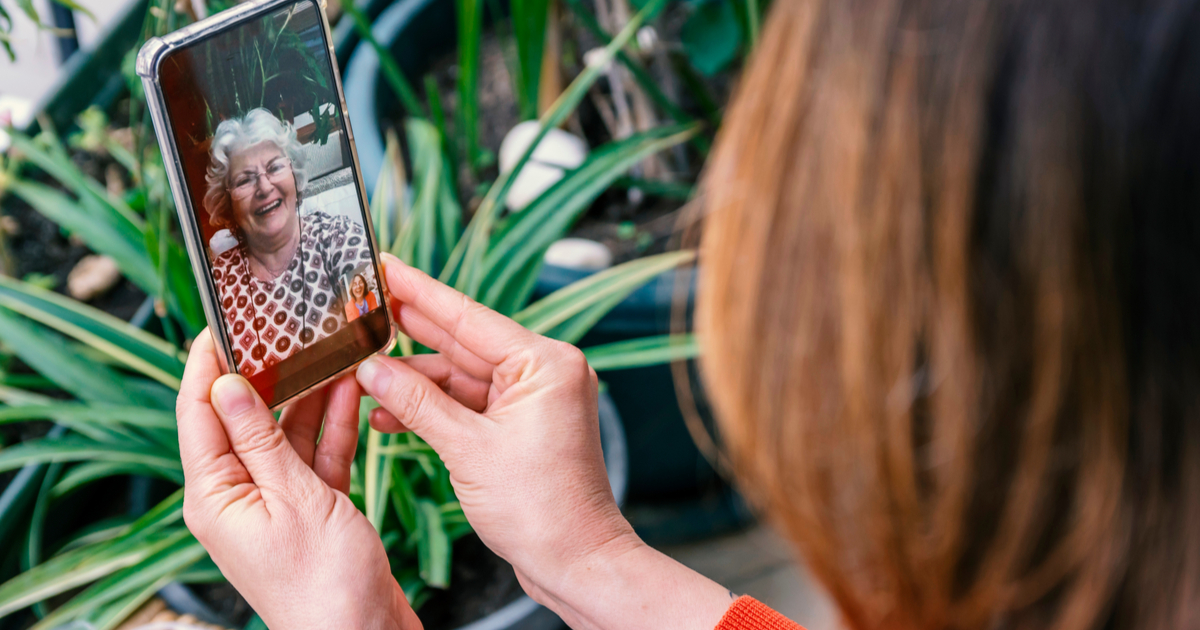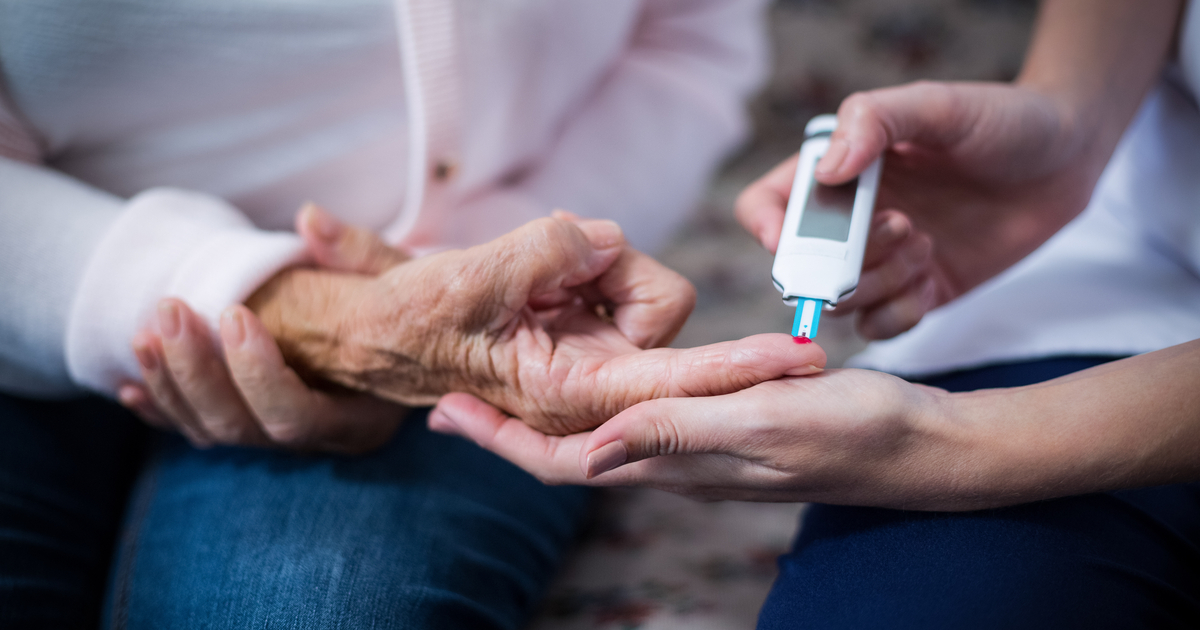5 Questions You Should Ask During Your Caregiver Interview
It’s important that you find an agency that you feel will support you and treat you like the professional you are. Here are five questions you should ask during your caregiver interview.
How to Avoid Feelings of Guilt When Taking a Respite Care Break
Feelings of guilt are so prevalent among family caregivers that it even has a name: “caregiver guilt.” Many caregivers feel guilty because they believe they’re not providing adequate care; they experience guilt over feeling frustrated and angry about their chaotic life or lack of control, or over their need to take a respite care break.
Providing In-Home Caregiver referral services in Broward, Monroe, Palm Beach, Martin, St. Lucie, Okeechobee and Indian River
Call (800) 500-9192 or Inquire Online
How to Avoid Caregiver Guilt
When you’re not able to manage caregiver guilt, it can cloud your judgement, cause additional stress and anxiety, and eventually lead to burnout. To help ensure that doesn’t happen, learning how to avoid caregiver guilt is possible when taking these steps.
How to Protect an Aging Parent from Elder Abuse
If you’re currently looking after an aging in place elderly parent, here are several effective ways to help protect them from being abused.
Nutritious Meal Tips for Seniors with a Loss of Appetite
As a person ages, it’s not uncommon for them to start losing their appetite for one reason or another. But when that senior lives alone, a loss of appetite can cause rapid weight loss that quickly places their freedom and independence at risk. If you’re currently caring for an aging in place elderly loved one who’s not interested in eating due to a loss of appetite, try these taste bud-tantalizing meal ideas.
How to Stay Connected While Staying Healthy
Staying connected with your senior loved one is a challenge, even in the best of times. In the current crisis, older adults, especially seniors with underlying conditions, are at a higher risk for COVID-19 and can develop serious complications. Here are options that allow you to stay connected with your senior without physical contact and still keep everyone around you safe.
Signs and Symptoms of Diabetes in Elderly Adults
According to the Centers for Disease Control and Prevention (CDC), roughly six million Americans aged 65-and-older have diabetes, with another 23 million seniors classified as being prediabetic. Unfortunately, many seniors with diabetes don’t even realize they have it. But left untreated, diabetes can cause serious health problems affecting the kidneys, heart, brain, eyes and feet.


